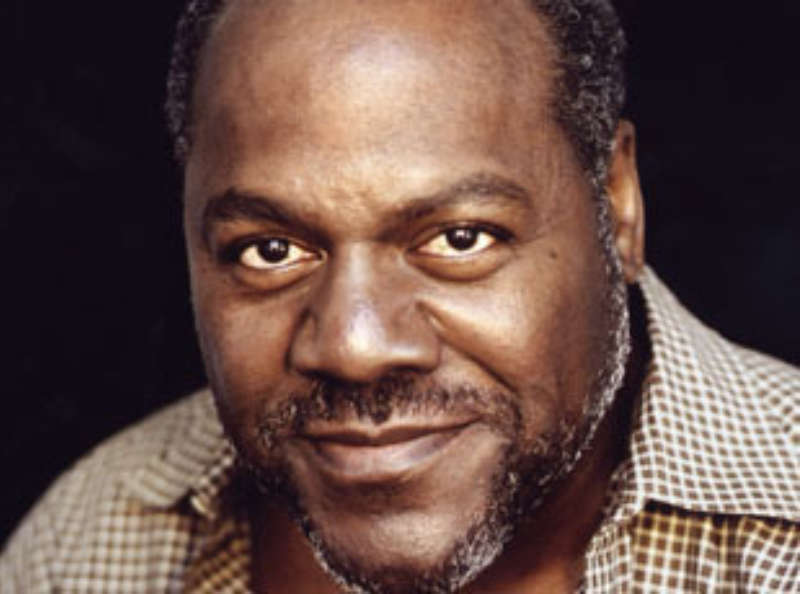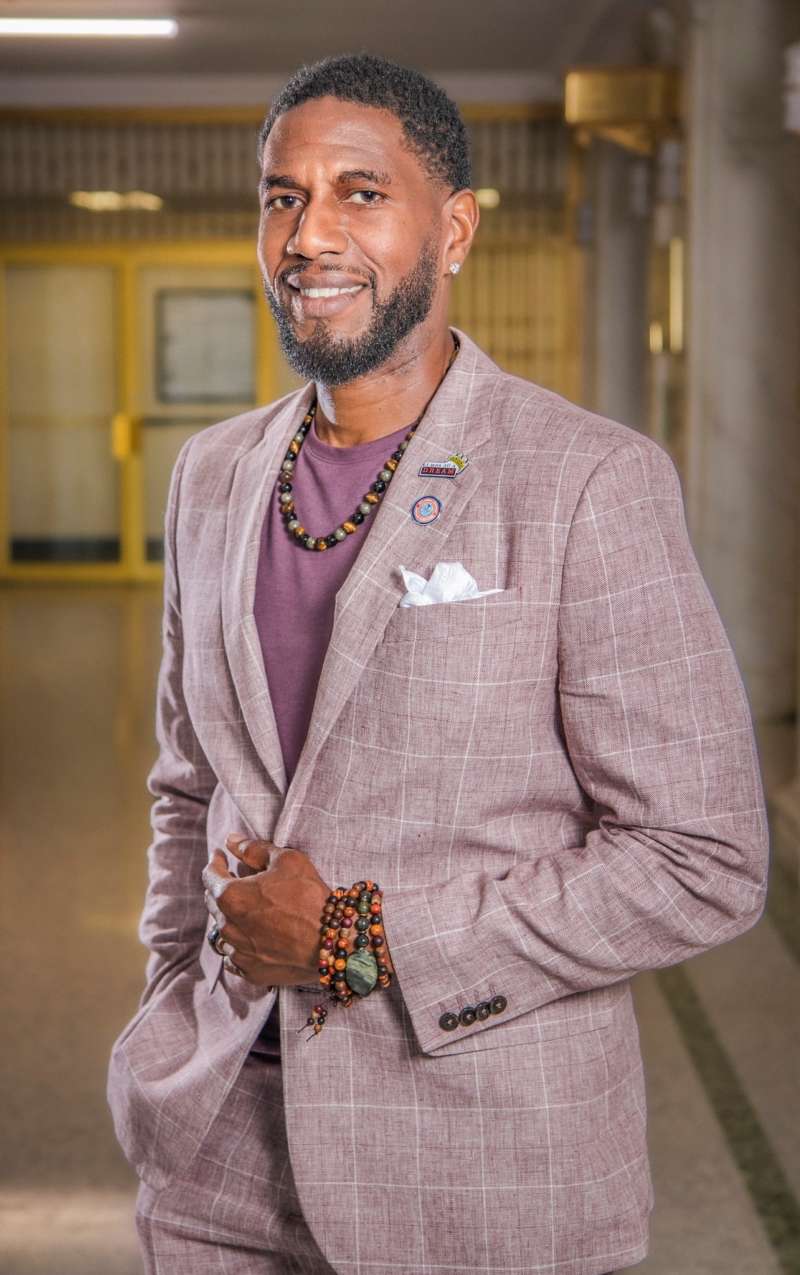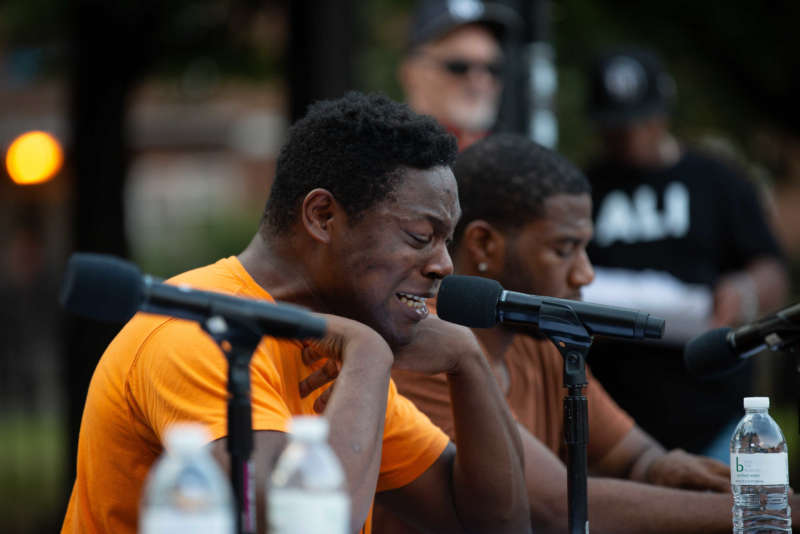Open to Public / New York City Public Artist In Residence
Hercules in Mott Haven
Free Event
Fri, Nov 17.2017
About the play
-
Madness of Hercules by Euripides
When the Greek hero Hercules returns to Thebes and finds his home occupied by a local tyrant, he goes on a rampage with his invincible bow, killing the men who have invaded his house and taken his family hostage. But in the heat of the battle, Hercules enters into a berserk rage and kills everyone in sight, including his wife and two young children, with his powerful weapon, mistaking them for enemies. When he comes back to his senses and takes in the horror of what he has done, Hercules contemplates suicide, but his close friend and fellow war veteran Theseus, stays by his side and offers unconditional support, encouraging him to share the burden of what he has done with his community. At its core, Euripides’ Madness of Hercules asks profound questions about how we should respond to unthinkable violence—as citizens, family members, friends, and neighbors—and how we can all work together to stop violence from occurring in our communities, before it’s too late.
Cast Members
-

Reg E Cathey
-

Frankie Faison
-

Chinasa Ogbuagu
-

Bill Camp
-

Jumaane Williams
Explore Projects
-
 Gun ViolenceHercules
Gun ViolenceHerculesDrawing from an ancient Greek tragedy about a vicious act of violence committed by an angry man with an invincible weapon, this project aims to generate powerful dialogue between concerned citizens, members of the law enforcement community, victims and perpetrators of gun violence, and the general public.
-
 Political ViolenceActs of Violence
Political ViolenceActs of ViolenceActs of Violence presents scenes from Seneca's Thyestes, a Roman tragedy that was written during the gruesome reign of Nero, as a catalyst for town hall discussions about the impact of political violence upon individuals, families, caregivers, health and human rights advocates, communities, and nations.
-
 Pandemic & Climate CrisisPoetry for the Pandemic
Pandemic & Climate CrisisPoetry for the PandemicUsing poetry as a catalyst for an Intergenerational performance and discussion during the Covid-19 pandemic.